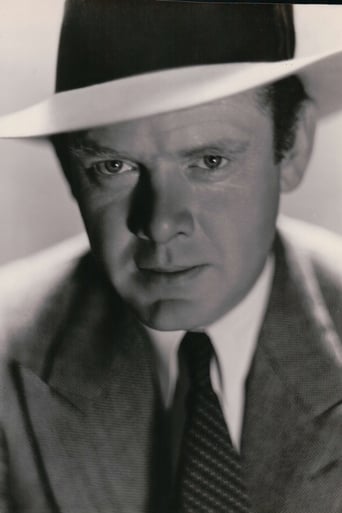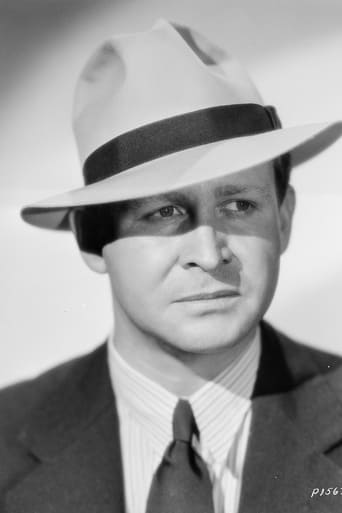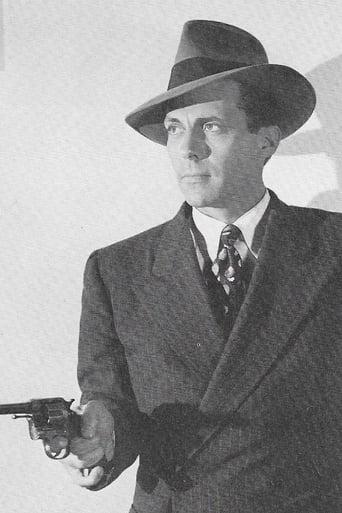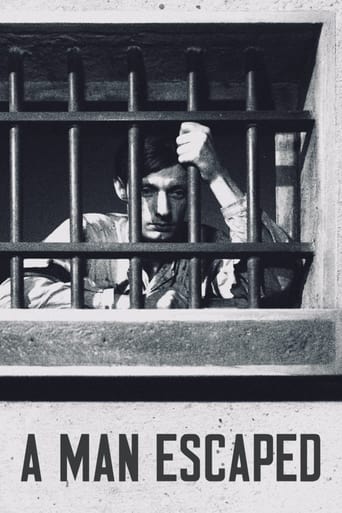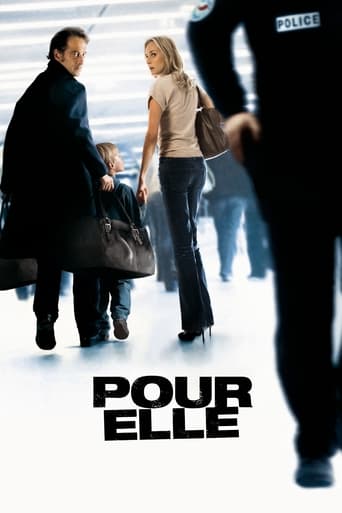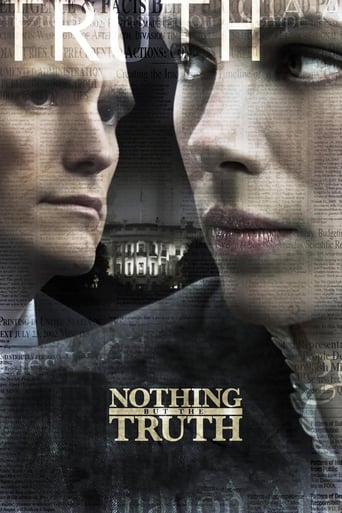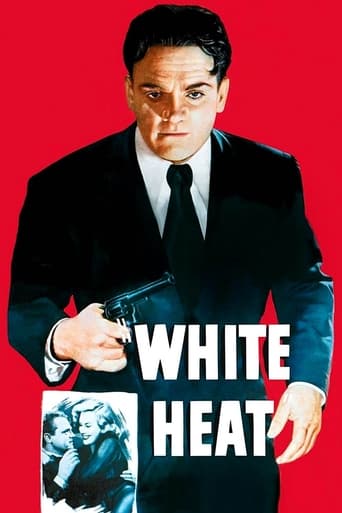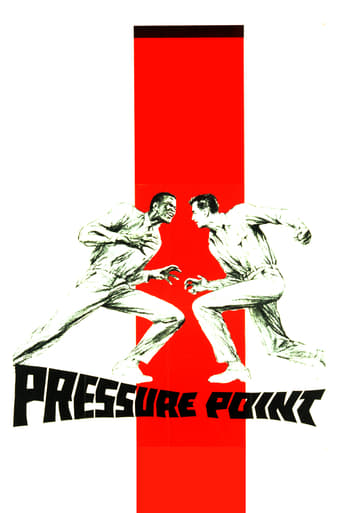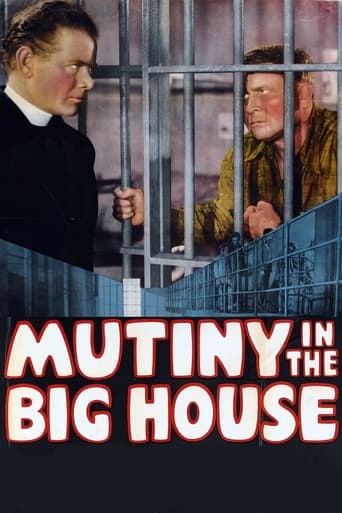
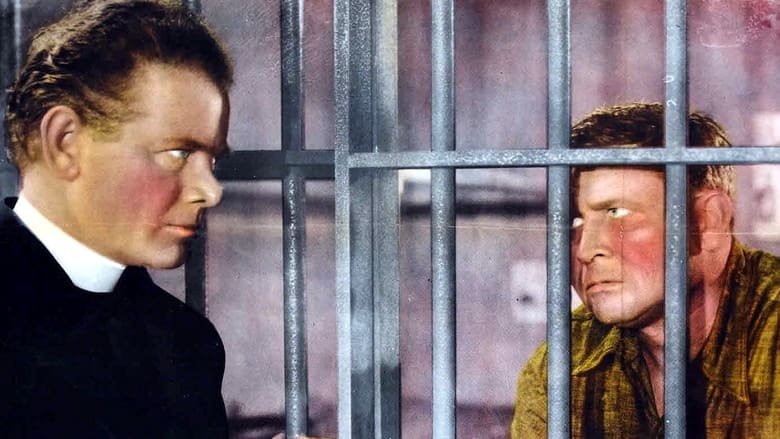
Mutiny in the Big House (1939)
A young man forges a check in order to help his mother, but is caught and sentenced to 14 years in prison...
Watch Trailer
Cast
Similar titles
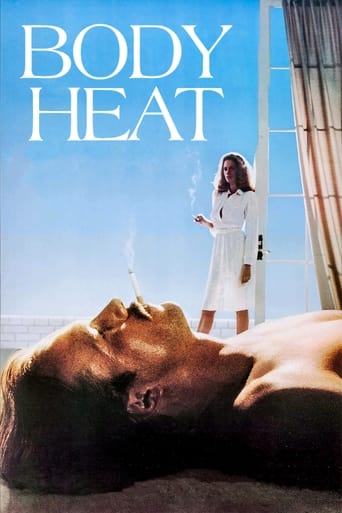
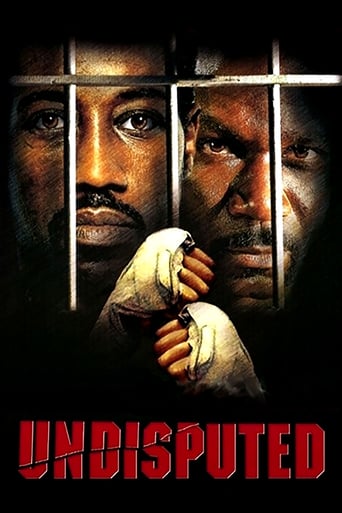
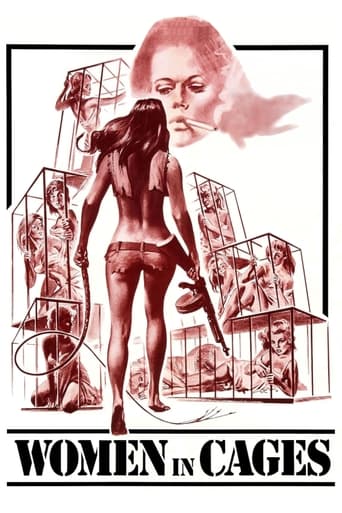
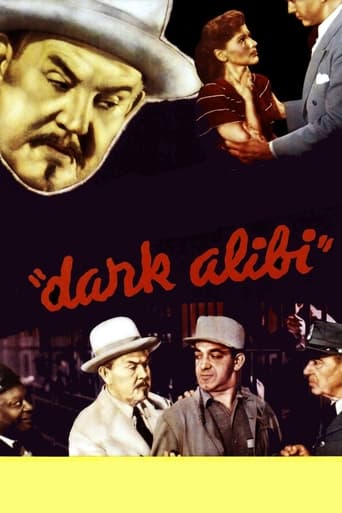
Reviews
Don't Believe the Hype
Best movie ever!
I wanted to like it more than I actually did... But much of the humor totally escaped me and I walked out only mildly impressed.
It's simply great fun, a winsome film and an occasionally over-the-top luxury fantasy that never flags.
There is a haunting scene here where a prisoner on death row getting ready to go to the gallows breaks down in the arms of priest Charles Bickford, revealing his fear and being unsure how to pray. He admits that he was guilty of murdering his wife out of jealousy, but in that last moment of anger after her death, tried to call her back but couldn't. I've heard ministers say that even at the moment of death, somebody with the greatest sins on their soul can come to Christ and be forgiven and atoned. This movie may be schmaltzy in many ways, but it also opens up the opportunity for discussion on the issue of salvation. It wasn't just a fear of going to hell in this man's heart, but his regret for a human emotion he had no control over, and one which ruined his life. Bickford, playing a man of God who was once a child of the streets, has a gruff exterior, but his heart is big, especially as he deals with the troubled inmates of a very rough prison where a new warden turns everything upside down, leading to a very violent riot. This Monogram film is about two reels longer than most of their films, with great detail put into the individual characterizations, and crafty in how it develops the events leading up to this mutiny. The aggressor in that mutiny is inmate Barton MacLane who senses the fear and innocence of a new young inmate (Dennis Moore) and cleverly uses him as a key into events which will lead up to this riot and attempt to escape. Bickford, sensing that MacLane is up to no good in regards to Moore, refuses to help him to get a job in the prison library, and MacLane becomes resentful towards him because of that. Bickford also aids the aging inmate George Cleveland who has been in prison for years and unable to deal with the life that he finds when he is freed. Little aspects like this makes "Mutiny in the Big House" an above average second feature, partially based upon alleged real events and people, and not at all cloying or overly preachy. Bickford and MacLane, practically interchangeable in their gruff personalities, are excellent in their roles, and the conclusion is thrilling, reminding me of the stand-off at the tail end of "High Noon".
A great film. Remember the part where Father Joe looks at the envelope. It is addressed to 6948 Woodman Ave. Miltown PA. There is a Milltown PA but not a Miltown PA. But what is really fascinating is that 6948 Woodman Ave. is the Van Nys address of Ann Dvorak, with whom he made Gangs of new York a year earlier. I ponder what this suggests?Barton MacLane crackles, the under-rated Pat Moriarty is believable and not stereotyped as an overly hostile warden, of which there are many in film. There is a brilliant cast of characters. George Cleveland provides some levity.A powerful film, flawless acting, with excellent pace and balance. One of the great prison films, of which there were many.
Although Martin Mooney based this story on real events and a real priest who worked in the prison system, I couldn't help but think that this film seemed a bit too sappy and hard to believe. Maybe you'll like it more than I did--I just see it as a heavy-handed time-passer.Dennis Moore plays a convict who was given an unusually harsh sentence for his first offense. For writing a bad check for $10, he was given 1-14 years in the penitentiary--and the priest in the institution (Charles Bickford) feels sorry for him and wants to keep this nice guy from becoming a career criminal. However, the guy is assigned to bunk with a real hard-core jerk (Baron MacLane--who made a career out of playing such roles). Can the good priest keep Moore's character on the straight and narrow or will he be manipulated by his bunkie and live a life of crime? Overall, it's not a terrible film despite its low budget. But it also is handled poorly--coming off as too saccharine to be taken very seriously.
Ostensibly based upon journalist Martin Mooney's own experience while in jail, this crisply directed work from a fictional story by Mooney is a tribute for Father Patrick O'Neil of the Order Of St. Benedict, because of his heroic efforts to quell a deadly prison riot before it could worsen (after 12 fatalities), at Canon City, Colorado in October of 1929, for which O'Neil was awarded the Carnegie Medal For Heroism. Young Johnny Gates (Dennis Moore) is assigned to a state penitentiary to serve a stretch of one to fourteen years to atone for forging a ten dollar check meant to assist his indigent mother, and he naturally is bitter and also susceptible to the plotting of his cellmate Red Manson (Barton Maclane) who is organizing a widespread escape attempt. The prison chaplain, Father Joe (Charles Bickford) tries to cultivate a friendship with Johnny, the priest believing that he can help the youth in adjusting to his new surroundings, but Gates is immune to the clergyman's cordiality and, although he accepts a job, through Father Joe's influence, in the prison library he does so due to the urging of Red who intends to use marked passages in library books as code among the conspiring inmates. In several scenes during which Father Joe berates the penal institution system and parole board for their inflexibility when dealing with convicts, some of his arguments are quite strongly advanced. As the breakout try nears, the largely cardboard characters that populate the unabashedly sentimental scenario are placed in expectedly hackneyed circumstances, although the briskly moving affair wins over a viewer because of the general mood of sincerity that is expressed from the screenplay. Bickford is very effective with his playing as Father Joe, granitic as ever and displaying perfect timing, while Dennis Moore, who seldom gains a featured role during his career, contributes a strongly focused and consistent turn as sullen Johnny Gates. Commendably released upon DVD by Alpha Video with indifferent but acceptable quality, remastering would be helpful to those desirous of adding to their personal collections what is one of the more effective films produced for the Men In Prison genre, so popular during the Great Depression.
